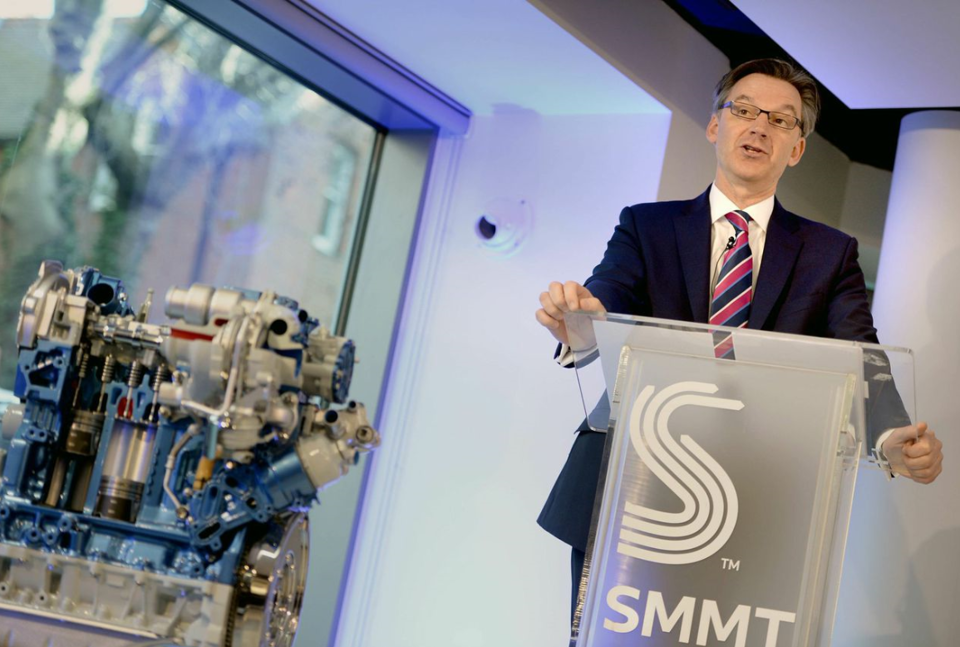The Society of Motor Manufacturers and Traders have led calls for a change in government policy to help lower CO2 emissions after the total UK fleet recorded an increase of 0.8% during 2017.
The SMMT warned in a statement that “the anti-diesel agenda and slow take-up of electric vehicles” could mean industry misses its next round of CO2 targets in 2021, with negative consequences for the UK’s own climate change goals.
The call for action came after the publication of the SMMT New Car CO2 Report 2018: Driving the transition to a low carbon future revealed that carbon tailpipe emissions rose for the first time in two decades last year, by 0.8% to 121.0g/km.
This despite cars being ever more efficient, with new and updated models in 2017 emitting, on average, 12.6% less CO2 than those they replaced.
However, the SMMT said that this was not enough to offset a -17.1% decline in new diesel registrations as confusion over government policy caused buyers to hold back.
The increase in the fleet average new car CO2 figure follows 19 years of reductions thanks to massive investment in new, advanced engine, fuel and battery technology, it said.
 Mike Hawes, SMMT chief executive, said: “The industry shares government’s vision of a low carbon future and is investing to get us there – but we can’t do it overnight; nor can we do it alone.
Mike Hawes, SMMT chief executive, said: “The industry shares government’s vision of a low carbon future and is investing to get us there – but we can’t do it overnight; nor can we do it alone.
“The anti-diesel agenda has set back progress on climate change, while electric vehicle demand remains disappointingly low amid consumer concerns around charging infrastructure availability and affordability.
“To accelerate fleet renewal, motorists must have the confidence to invest in the cleanest cars for their needs – however they are powered.
“A consistent approach to incentives and tax, and greater investment in charging infrastructure will be critical.
“Now, more than ever, we need a strategy that allows manufacturers time to invest, innovate and sell competitively, and which gives consumers every incentive to adapt.”
The SMMT UK New Car CO2 2018 report charts the UK automotive industry’s progress on new vehicle CO2 reduction over two decades, and sets out its vision for the transition to low carbon motoring.
It outlines the technology advances and electrification strategies of car manufacturers selling in the UK, with many committing to offer electric models across their entire product ranges by at least 2025.
The report also calls for collective action from all stakeholders, including industry, government, fuel and energy companies, to overcome fears around range anxiety, accessible charging and affordability.















Login to comment
Comments
No comments have been made yet.